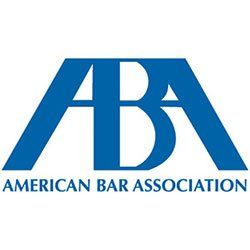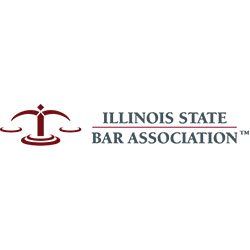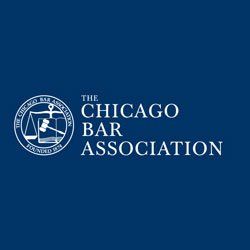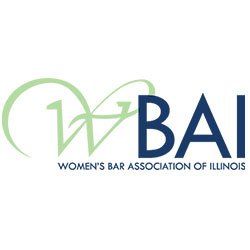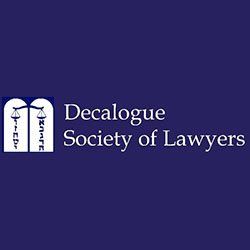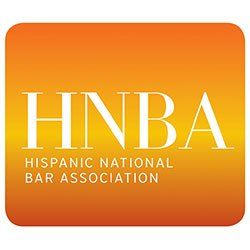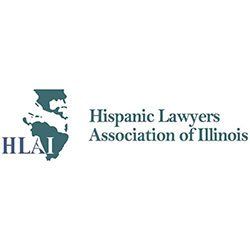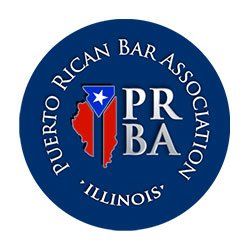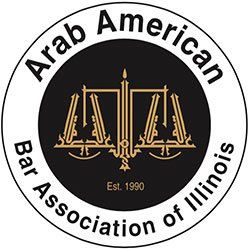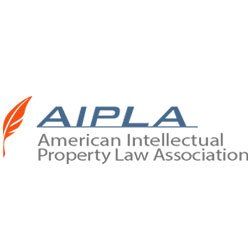CLIENT LOGIN
×Workers Compensation, Labor & Employment
Workers Compensation
On the job injuries can happen at any time. Employees have every right to expect their employers are following the law and maintaining proper workers’ compensation coverage. Once you have filed the appropriate reports with your employer and sought medical care, you expect to have your expenses met by insurance. You also have a right to be compensated for the time lost from work.
Unfortunately, insurance companies often find unique ways to turn down or delay claims, even claims for work-related injuries. We know your focus must remain on healing from your injury, and you need help ensuring the company is meeting their obligations. We can help! We have experience dealing with reluctant insurers and helping injured workers get the compensation they are entitled to.
When you are injured on the job and have fulfilled your obligation to report the incident, you have the right to receive timely payments and a lump sum associated with a workers’ compensation claim. If you are in Chicago, Illinois or Miami, Florida area, contact Weiss Ortiz P.C. immediately for help getting the benefits you are entitled to receive.
FILING A CHARGE OF DISCRIMINATION
If you believe that you have been discriminated against at work because of your race, color, religion, sex (including pregnancy), national origin, age (40 or older), disability or genetic information, you can file a Charge of Discrimination. All of the laws enforced by EEOC, except for the Equal Pay Act, require you to file a Charge of Discrimination with us before you can file a job discrimination lawsuit against your employer. In addition, an individual, organization, or agency may file a charge on behalf of another person in order to protect the aggrieved person’s identity. There are time limits for filing a charge.
Note: Federal employees and job applicants have similar protections, but a different complaint process.
If you file a charge, you may be asked to try to settle the dispute through mediation. Mediation is an informal and confidential way to resolve disputes with the help of a neutral mediator. If the case is not sent to mediation, or if mediation doesn’t resolve the problem, the charge will be given to an investigator.
If an investigation finds no violation of the law, you will be given a Notice of Right to Sue. This notice gives you permission to file suit in a court of law. If a violation is found, we will attempt to reach a voluntary settlement with the employer. If we cannot reach a settlement, your case will be referred to our legal staff (or the Department of Justice in certain cases), who will decide whether or not the agency should file a lawsuit. If we decide not to file a lawsuit, we will give you a Notice of Right to Sue.
In some cases, if a charge appears to have little chance of success, or if it is something that we don’t have the authority to investigate, we may dismiss the charge without doing an investigation or offering mediation.
The Fair Labor Standards Act 1938[1] (abbreviated as FLSA; also referred to as the Wages and Hours Bill[2]) is a federal statute of the United States. The FLSA introduced a maximum 44-hour seven-day workweek,[3] established a national minimum wage,[4] guaranteed “time-and-a-half” for overtime in certain jobs, and prohibited most employment of minors in “oppressive child labor”, a term that is defined in the statute.[5][6] It applies to employees engaged in interstate commerce or employed by an enterprise engaged in commerce or in the production of goods for commerce,[7] unless the employer can claim an exemption from coverage.
The Civil Rights Act of 1964 (Pub.L. 88–352, 78 Stat. 241, enacted July 2, 1964) is a landmark piece of civil rights legislation in the United States[1] that outlawed major forms of discrimination against racial, ethnic, national and religious minorities, and also women.[2] It ended unequal application of voter registration requirements and racial segregation in schools, at the workplace and by facilities that served the general public (known as “public accommodations”).
The Age Discrimination in Employment Act of 1967, Pub. L. No. 90-202Code, 29 U.S.C. § 621 through 29 U.S.C. § 634 (ADEA), forbids employment discrimination against anyone at least 40 years of age in the United States (see 29 U.S.C. § 631(a)).
Title VII of the Civil Rights Act[37] is the principal federal statute with regard to employment discrimination prohibiting unlawful employment discrimination by public and private employers, labor organizations, training programmes and employment agencies based on race or color, religion, sex, and national origin. Retaliation is also prohibited by Title VII[37] against any person for opposing any practice forbidden by statute, or for making a charge, testifying, assisting, or participating in a proceeding under the statute.
The National Labor Relations Act, enacted in 1935 as part of the New Deal legislation, guarantees workers the right to form unions and engage in collective bargaining.
HELPFUL LINKS:
- US Equal Employment Opportunity Commission
- Illinois Human Rights Commission
- Chicago Commission on Human Relations
The Commission on Human Relations promotes appreciation of Chicago’s diversity and works to eliminate prejudice and discrimination. Commissioners, advisory councils, and staff conduct pro-active programs of education, intervention, and constituency building to discourage bigotry and bring people from different groups together. The Commission enforces the Chicago Human Rights Ordinance and the Chicago Fair Housing Ordinance, which prohibit discrimination within the city of Chicago in the following areas:
- Housing
- Employment
- Credit Transactions
- Bonding
- Public Accommodations
The Commission investigates discrimination complaints, then if there is substantial evidence of a violation, the Commission conducts an administrative hearing and issues a ruling, which may impose fines, damages, and injunctive relief if a violation was proved. The Commission implements the Hate Crimes Ordinance by monitoring hate crimes in Chicago and aiding victims.
Persons who feel they have been discriminated against in Chicago because of membership in one or more of the following 15 “protected classes” may file a complaint with the Commission:
- Race
- Sex
- Color
- Sexual Orientation
- Ancestry
- Gender Identity
- National Origin
- Marital Status
- Religion
- Parental Status
- Disability
- Military Discharge Status
- Age (over 40)
- Source of Income
- Credit History (employment only)
A complaint must be filed within 180 days of the alleged discrimination. Prevailing complainants may receive out-of-pocket damages, emotional distress damages, attorney’s fees and costs, and in some cases, punitive damages. A respondent found liable must also pay a fine to the City.
Illinois Labor Relations Board
http://www.state.il.us/ilrb/
Other Agencies that may help you:
If you are an educational employer or employee, the Illinois Educational Labor Relations Board may be able to assist you.
If you are a private (non-governmental) employer or employee with a union-related question or problem, the National Labor Relations Board may be able to assist you.
If you are a private (non-governmental) employer or employee with a question concerning wages (such as minimum wage, prevailing wage, overtime, or unpaid wage and/or vacation pay collection), child labor laws, the six-day work week law, your rights to review, copy and correct personnel records, or your right to privacy in the workplace, the Illinois Department of Labor may be able to assist you.
If you are a public (governmental) employer or employee with a question concerning wages, (such as minimum wage, prevailing wage, overtime or unpaid wage collection) or the Fair Labor Standards Act, the United States Department of Labor may be able to assist you.
If you have a question or problem concerning discrimination because of age, sex, race, political affiliation, religion, national origin or physical or mental disability, the Illinois Department of Human Rights may be able to assist you.
If you have a physical, mental or developmental disability, or wish information regarding such disabilities, the Illinois Department of Human Services (formerly the Illinois Department of Mental Health and Developmental Disabilities) may be able to assist you.
If you have a question concerning unemployment compensation, the Illinois Department of Employment Security may be able to assist you.
If you are a private (non-governmental) employer or employee and have questions or concerns about health or safety issues in your workplace, the Occupational Safety and Health Administration may be able to assist you.
If you are a public (governmental) employer or employee and have questions or concerns about health or safety issues in your workplace, the Illinois Department of Labor may be able to assist you.
MAIN OFFICE
SECOND OFFICE
THIRD OFFICE
By Appointment Only
500 Lake Cook Road, Suite 350
Deerfield, IL 60015
FOURTH OFFICE
By Appointment Only
18W140 Butterfield Road, 15th Floor Oakbrook Terrace, IL 60181
© 2021 Weiss Ortiz P.C.. All Rights Reserved. Terms & Conditions

